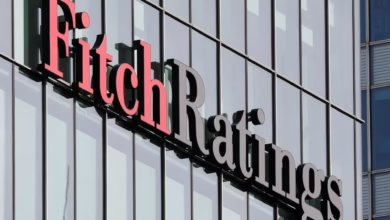
The Energy and Petroleum Regulatory Authority (EPRA) was hard-pressed to explain why Kenya’s fuel prices are higher compared to her peers.
The senate committee on energy also grilled Petroleum and Mining Cabinet Secretary John Munyes and given him 30 days to present draft regulations on the petroleum development levy for deliberation.
“You know wananchi are going through a hard time and the fuel prices have thrown other prices out of balance. And therefore committee would like to know what you are doing to alleviate their suffering.” Said Ephraim Maina, Nyeri Senator.
In mid-March, EPRA announced a rise in prices of petroleum products, marking the second increment in a row.
The upward review of fuel prices, which was blamed on rising global crude oil prices triggered public outrage, as Kenyans are currently facing a harsh economic environment brought about by the coronavirus pandemic.
The Committee is now seeking for answers from the fuel regulator in the country on available options to cushion Kenyans against ever-rising pump prices.
According to EPRA, taxes and levies account for about 60 percent of the cost of fuel in Kenya, hence making fuel prices the highest in the region.
Currently, consumers pay at least Ksh.57 in taxes and levies on petrol and at least Ksh.45 in taxes and levies on diesel.
But the ministry of petroleum has passed the buck on the high level of taxes and levies on fuel to parliament.
“This was a matter that was brought under public participation and parliamentarians passed it,” said C.S Munyes.
Narok Senator Ledama Ole kina agreed that the legislators in the country are the ones who have failed Kenyans over rising fuel prices with regards to their legislation on energy regulations.
“Thank you for saying that we are the legislators who pass the taxes sorry to say we are the ones who failed there,” said Ole kina.
The ministry has committed to submit draft regulations on the petroleum development levy as well as a plan on how to set up strategic reservoirs in the next 30 days to help stabilise fuel prices.
“We have enough capacity to stock up reservoirs it is only a matter of setting up the fund,” added Munyes.
Meanwhile, the committee resolved to look into the national oil corporation’s placement under receivership.
According to Senator Ole Kina, the authorisation by the Treasury C.S Ukur Yatani to put national oil corporations under receivership over a debt of Ksh.3.6 billion was unwarranted. The committee is set to deliberate on the matter during its next meeting next week, even Kenyans bear the brunt of high fuel prices across various sectors of the economy





